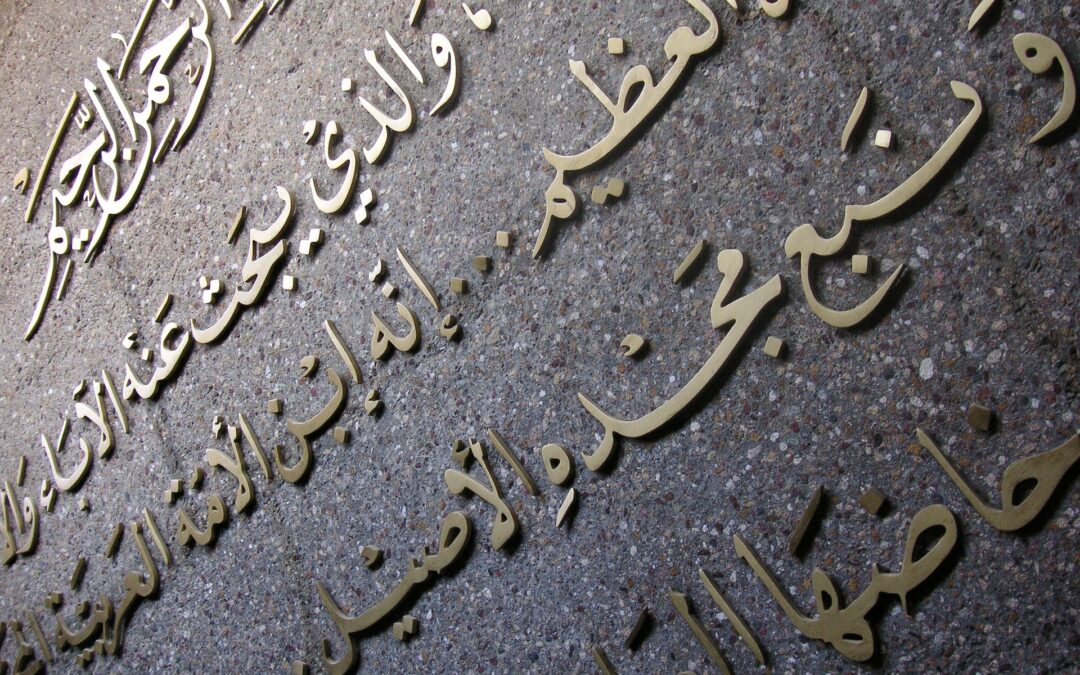Modern-day corporations require employees to know various languages like German, French, Arabic etc. From the Middle East to North Africa, Arabic is spoken in more than 20 nations, each with its unique dialect. Dialects can differ from town to town.
Thank you for reading this post, don't forget to subscribe!
Most of the time, this type of requirement compels students to take up courses to become fluent. One such popular course for learning Arabic is Modern Standard Arabic.
MSA is a standardised version of the Arabic language that is used in formal speech and, more importantly, writing throughout the Arab world. It’s a way to make communication amongst Arabic-speaking people easier. Dialects, on the other hand, are regarded as more casual yet might be more popular in specific areas.
So, which is the better option for learning Levantine Arabic? Continue reading to discover the advantages and disadvantages of studying a dialect vs Modern Standard Arabic.
Pros of MSA
- You will have more access to Arab media, academic papers, and government documents if you learn Modern Standard Arabic. Academics, journalists, and scholars interested in the Arab Peninsula’s written records and literature will find MSA particularly useful.
- MSA, unlike local variations, is always grammatically consistent, making it easy to learn and understand norms in a short amount of time.
Cons of MSA
- It is a tough language to learn for English speakers.
- Because MSA is a written language, you won’t have many opportunities to practise with native speakers.
Pros of Learning Levantine Arabic Dialect
- If you intend on visiting Lebanon and master the Levantine dialect, you will be able to communicate in it at all times. Dialect is utilised for everyday spoken communication.
- Dialects are less formal than MSA and hence have fewer grammatical rules. Dialects are easier to learn for some people.
Cons of Learning a Dialect
- Most dialects, such as Egyptian Arabic and Moroccan Arabic, are not mutually intelligible. Thus, learning a particular variant will only be beneficial in the area where it is spoken.
- Your options for watching movies or TV series in Arabic to enhance your listening comprehension or just for enjoyment will be considerably more limited. This is because most shows are shot in MSA
- Unless you plan to master a more well-known variation of Arabic, such as Levantine, you won’t find as many study tools to practise at home.
- Studying a dialect might be difficult if you are a rational and organised learner. This is because many dialects do not follow precise rules or patterns.
So, which one should I learn?
Let me tell you a story to help you decide better:
I was hired by a company in New York that is responsible for translating tweets from the Middle East from Twitter, Facebook, and every other social media platform. I was hired as a language consultant there and gave them a crash course on how to translate tweets in a timely manner.
Their employees were graduates from the top schools in the US and had studied Arabic MSA for more than 4 years. However, they couldn’t translate Arabic sentences under the specific time the company needed. Even though they had studied Modern standard Arabic, they couldn’t translate the tweets as quickly as I could because many tweets are actually tweeted in dialects.
Conclusion
- When students learn dialects before learning MSA they will have a better understanding of the language.
- When you start with dialects you have a better chance of practising it with natives and make use of the language. You get the chance to practice from the beginning because that’s how natives commute.
- No one communicates in MSA in regular life. So, when you study MSA, you are generally missing an important part which is practising the language.
- When you start with dialect and then you learn MSA you pick it faster.
Are you confused about where to learn Levantine Arabic for corporations? Fret not, check out Nasma Of NY’s Corporate Arabic class curated just for professional language learning. Moreover, if you’re looking for gaining spoken Levantine Arabic classes, check out our Group Conversation Classes.

